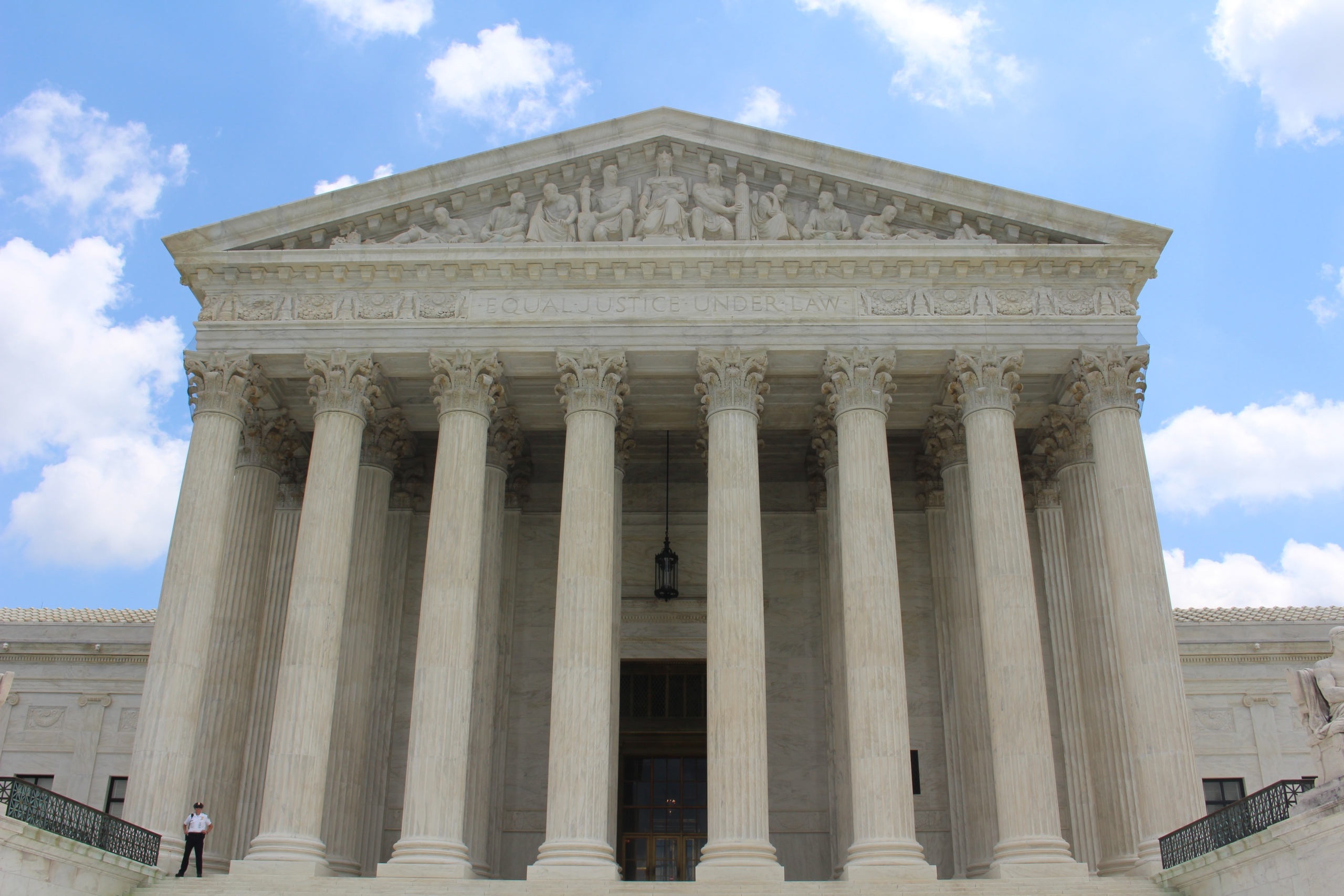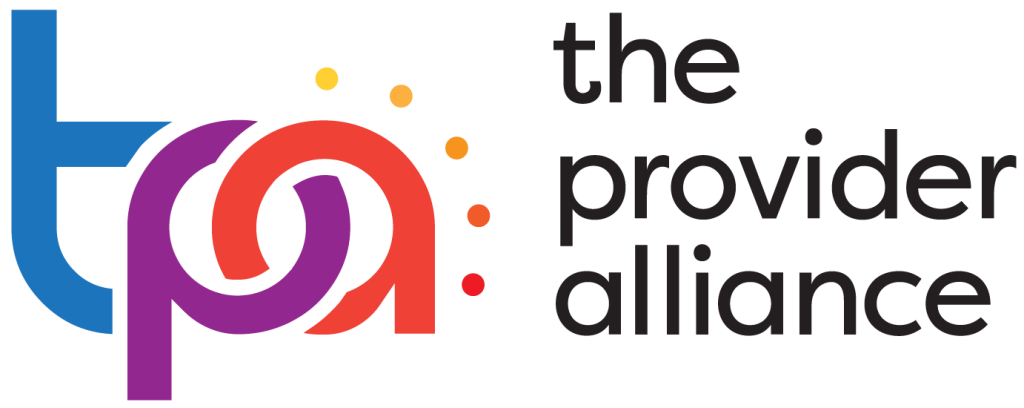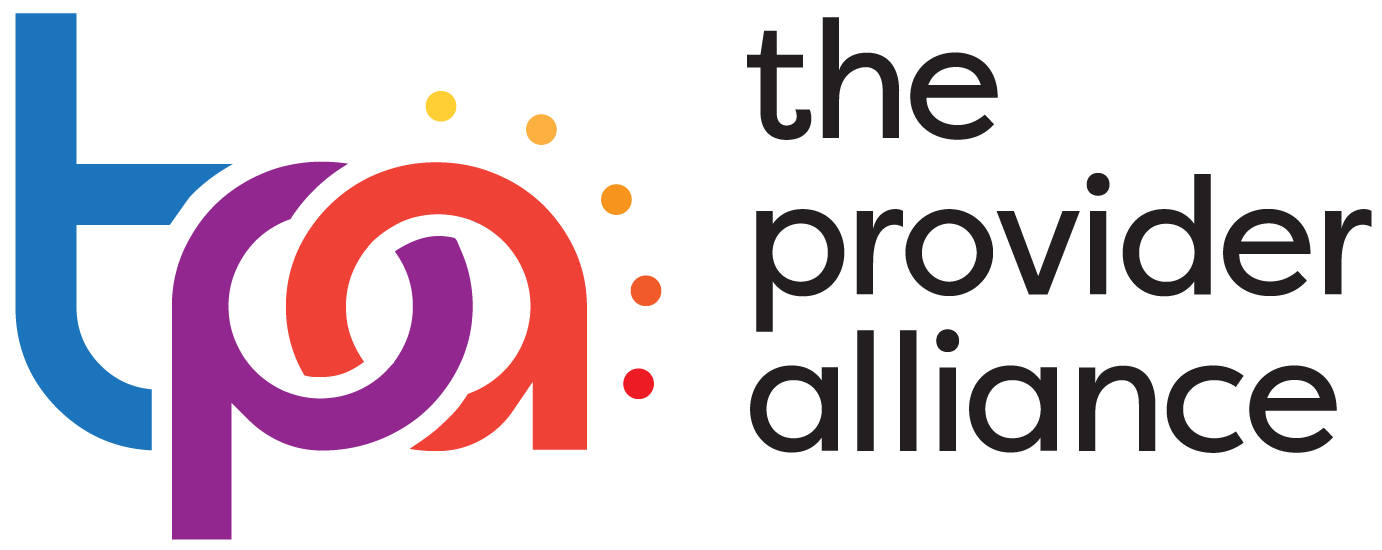
In a significant legal victory for Medicaid beneficiaries, the United States Supreme Court, in a 7-2 decision, upheld the rights of individuals receiving federally funded benefits by preserving their ability to bring a private right of action against state entities. The ruling, handed down in the case of Health and Hospital Corporation of Marion County, Indiana v. Talevski, sets an important precedent in ensuring the integrity of Medicaid law.
The case revolved around the family of Gorgi Talevski, who filed federal suit under the Enforcement Act of 1871, 42 U.S.C. § 1983 (Section 1983). Attorneys for Mr. Talevski alleged that the plaintiff’s rights had been violated by a state nursing facility. The key question before the Supreme Court was whether Section 1983 claims could be brought under laws created pursuant to the spending clause.
Justice Ketanji Brown Jackson, in her majority opinion, left no room for doubt about the rightto bring forward Section 1983 claims in such cases. She stated that the right to bring forward a Section 1983 claim was unambiguous, thereby reaffirming the ability of Medicaid beneficiaries to enforce their rights. The Court’s decision is particularly significant as it affirms the long-standing mechanism provided by Section 1983 for individuals to hold states accountable for civil rights violations arising from federal programs.
The Court’s ruling carries substantial implications, safeguarding the ability of beneficiaries to enforce federal requirements of states under vital spending programs like Medicaid and Social Security. A ruling against Mr. Talevski would have posed a significant risk to the enforcement of federal protections provided to individuals under these programs.

